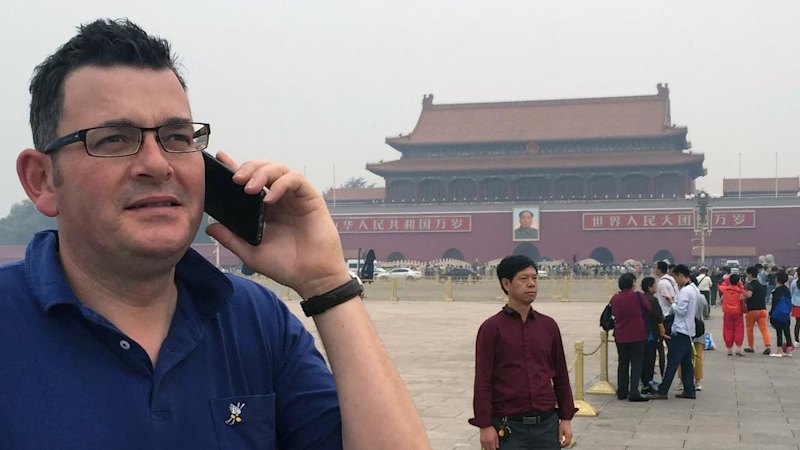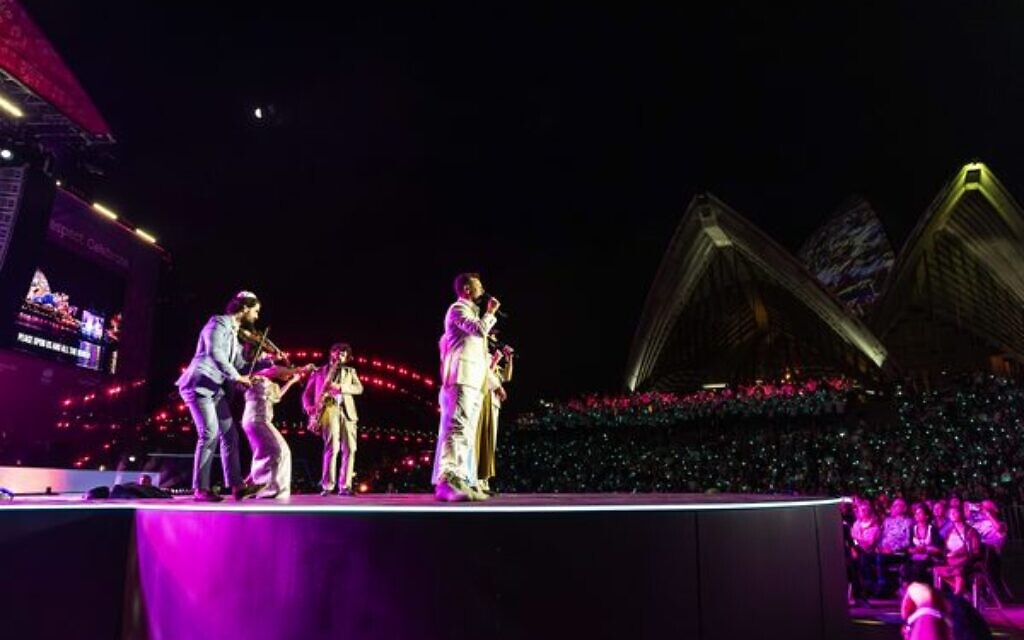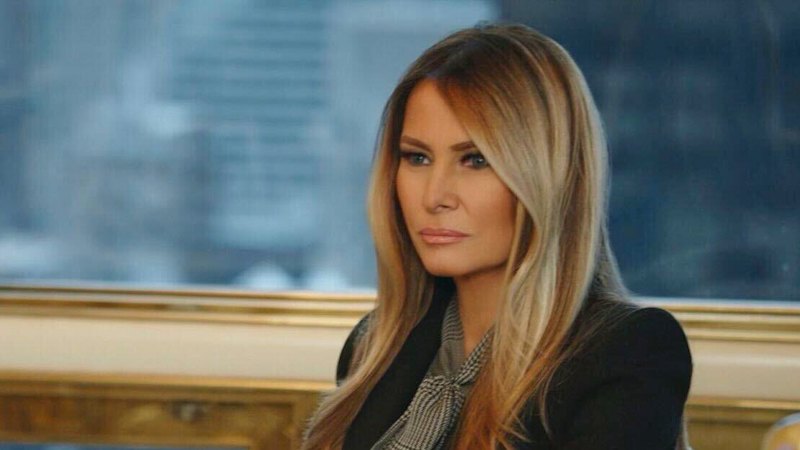
UPDATE: Former Victorian Premier Daniel Andrews has ignited a political firestorm after posing for a photograph with Russian President Vladimir Putin during a military parade in Beijing on September 3, 2023. This controversial appearance, alongside global leaders including Xi Jinping and Kim Jong-un, raises serious questions about Andrews’ political judgment and legacy.
The event marked the 80th anniversary of Japan’s surrender and showcased a display of military might in Tiananmen Square, yet many Western leaders chose to boycott the occasion due to ongoing conflicts, particularly the war in Ukraine. The Albanese government notably snubbed the parade, sending only a lower-level diplomatic delegation to represent Australia.
Andrews’ decision to stand behind Putin, who is wanted by the International Criminal Court for alleged war crimes, including the abduction of children during the Ukraine invasion, is being slammed as a grave misstep. Just a day before Prime Minister Anthony Albanese was set to attend a crucial global meeting on Ukraine, Andrews’ actions could undermine Australia’s diplomatic stance and message towards China.
Critics are questioning what compelled Andrews to take such a risk. While former New South Wales Premier Bob Carr also received an invitation to the celebrations, he opted for separate events, highlighting a stark contrast in judgment. Andrews’ presence at such a controversial event may send a message that undermines Australia’s diplomatic efforts to navigate tense relations with both China and Russia.
Since resigning in 2023, Andrews has actively sought to attract investment to Victoria, particularly from China. His willingness to engage with leaders like Putin may signal an attempt to strengthen ties, but many are left wondering about the potential fallout of his choices.
As global leaders prepare for urgent discussions on security and diplomatic strategy, Andrews’ photo op with Putin could be seen as damaging not only to his reputation but also to Australia’s international relations. The implications of these actions are likely to resonate across political and social spheres in the coming days.
What comes next is crucial. As the international community responds to these developments, all eyes will be on how the Albanese government addresses this situation moving forward. The political landscape is shifting, and the stakes are higher than ever.





